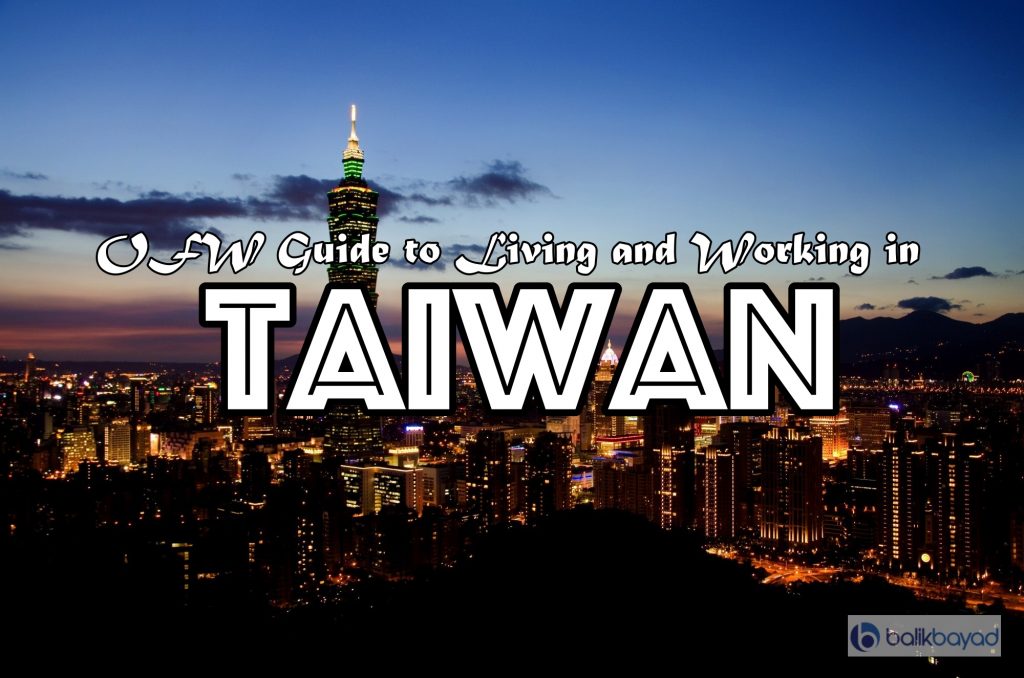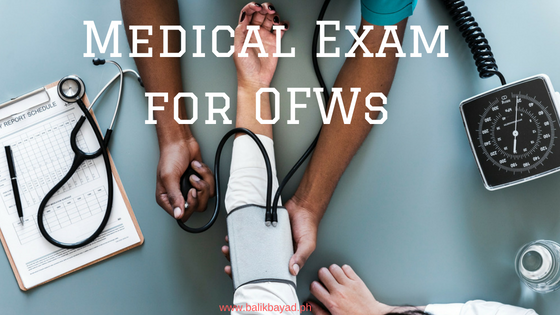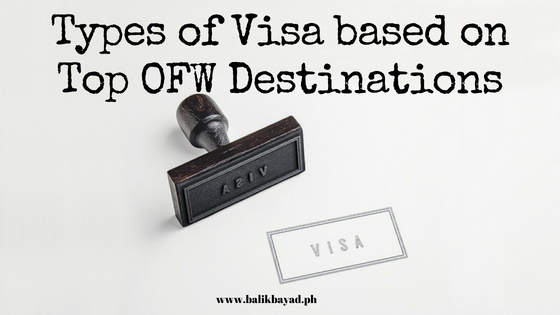What do you plan to do when you get home from the Philippines? Most OFWs will look for a new job overseas to be able to finance and sustain a good life for their family. If you are wiser with the way you handle money and finances back home, then applying for a new job abroad every two years won’t be necessary. In fact, you might be having your own business after three to five trips overseas.
We know that putting up your own business is not as easy as it seems. You need to ensure that your business idea is sustainable to make sure that it will go on for years. Then there’s the financial side. Even if you have the brightest idea that will surely change the Filipino way of life, you need to have money or capital to make this idea happen.
This is where business loan comes in. It gives you additional working capital to make your business dreams happen. Apparently, business loans come in different types as well, each of them catering to specific needs.
Here’s what you need to know about the different kinds of this type of facility:
Secured Business Loan
From the name itself, you can easily tell that this type of business loan requires collateral. In case of default, lender may use the collateral to pay for your existing loan obligation.
Don’t worry. The good thing about this type of loan is that you can enjoy higher loan amount, lower interest rate, and longer loan terms since your loan is secured by a collateral and risk is reduced. This is why going for a secured business loan is ideal, especially for those who are still starting with their business.
Loan amount varies per lender. Maximum amount you can borrow will also depend on the security you will offer. Lenders impose a limit and percentage for maximum loan amount based on your collateral. For instance, if you offer real property, you can only borrow up to 60 percent of the property’s appraised value.
What type of collateral, you might ask. Anything that is under your name. Real estate property is the most common type of collateral used, although you have to pay for appraisal fee and make sure that your real estate tax payment is updated. Aside from this, you can also use your car (chattel mortgage) or time deposit (Deed of Assignment) when you apply for a secured business loan.
Term Loan
In case you wanted more manageable payment terms, then this type of business loan is ideal for you.
Term loan offers short- or long-term business funding while keeping your own funds intact. You can avail of this facility if you want to get into franchising, expand your existing business, purchase of new equipment, or even purchase, construction, or renovation of business space. You can get minimum of P50,000 and maximum of P20 million, payable within one (short-term loan) to 15 (long-term loan) years.
In terms of payment, this would vary per lender. Term loans are typically paid monthly, which includes both principal and interest (rate is either fixed or based on prevailing market rate), but some would allow quarterly, semi-annual, or annual payment.
READ: What You Need to Know about OWWA Loan
Credit Line
There are instances when you don’t really need a big amount, but you just want money available at your disposal. In that case, credit line is your best option for your business loan.
Credit line is a type of facility that offers short-term loan and quick access to money whenever you need, which is usually good for one year. You can use this for purchase of additional supplies or inventory, contract financing, additional working capital, or accounts receivable among others. Minimum loan amount is P100,000 to P20 million, but the amount varies depending on the nature of the loan. You can pay the loan every month, but if you have additional funds, paying off the loan can be made.
Don’t worry because you will only pay interest based on the amount you used. For instance, the lender approved P1 million credit line on January. Come February, you only need P300,000 because you fell short in your payroll and promised to pay it after a month. You will only be charged interest on P300,000 and you also have the option to repay the loan without consuming the entire one month.
Unsecured Business Loan
Let’s say you badly need additional funds, but you don’t have collateral to offer. That’s fine. There are lenders who offer unsecured business loan, which means collateral is not mandatory for the approval of your loan.
Although this sounds ideal for you, unsecured loans typically have lower loan amount, higher interest rate, and shorter loan terms to reduce risk of non-payment of loan. Applying with a co-maker who is in good financial standing and providing sufficient amount of income are recommended when you plan to go for this facility.
Banks don’t normally offer this type of loan because of the risk involved, but private lenders like Balikbayad offers unsecured loan to help starting entrepreneurs like you to start your own business.
In case you’re interested, make sure to fill out our online loan application for pre-approval and we will get back to you as soon as we can.

 Middle East countries will always have the highest demand for overseas workers. If you prefer something nearer to the Philippines, Hong Kong and Singapore are the top choices because of its proximity.
Middle East countries will always have the highest demand for overseas workers. If you prefer something nearer to the Philippines, Hong Kong and Singapore are the top choices because of its proximity. We get a lot of inquiries about PAG-IBIG Housing Loan for OFWs. This post is intended to boost your chances of approval, although not 100 percent guarantee.
We get a lot of inquiries about PAG-IBIG Housing Loan for OFWs. This post is intended to boost your chances of approval, although not 100 percent guarantee.  Whether you plan to work here or overseas, medical exam will always be part of the requirements you need to accomplish before you can start work. In fact, medical exam is stricter for overseas workers because you need to ensure that you are physically fit to work. The difference in weather conditions could affect you and your employer needs to ensure that you can endure that. After all, you’re under contract, right?
Whether you plan to work here or overseas, medical exam will always be part of the requirements you need to accomplish before you can start work. In fact, medical exam is stricter for overseas workers because you need to ensure that you are physically fit to work. The difference in weather conditions could affect you and your employer needs to ensure that you can endure that. After all, you’re under contract, right? How can you tell if a recruitment agency is legitimate or not? There are many factors to consider and one of them is the type of visa they issue. If you were given a tourist visa, then you’re in trouble. Legitimate recruitment agencies provide a working visa, depending on the needs of the country of destination.
How can you tell if a recruitment agency is legitimate or not? There are many factors to consider and one of them is the type of visa they issue. If you were given a tourist visa, then you’re in trouble. Legitimate recruitment agencies provide a working visa, depending on the needs of the country of destination.